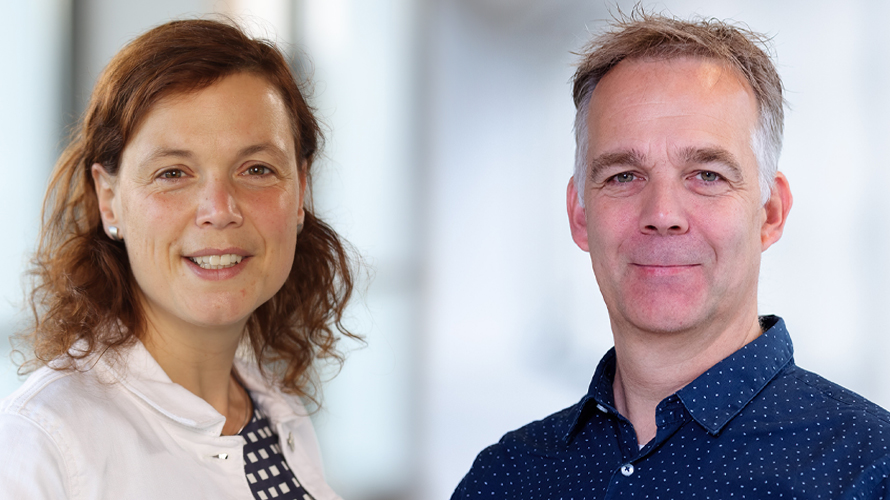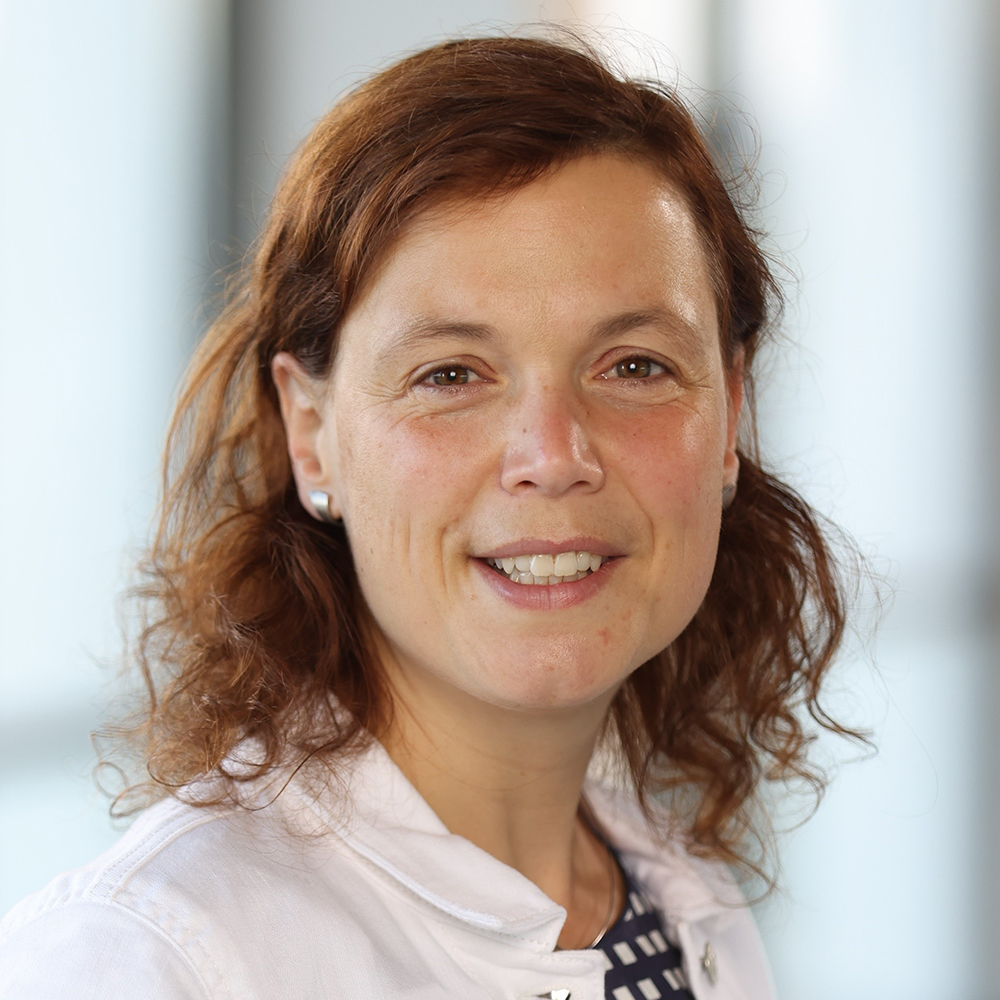Today’s world is unthinkable without semiconductor chips. They are used in smartphones, computers, cars, and medical devices, to name just a few. Despite its strong capacities in specific areas related to the design and manufacturing of chips, Europe heavily relies on non-European suppliers. The European Chips Act, proposed in February 2022 by the European Commission, outlines how Europe plans to strengthen its semiconductors ecosystem, increase its resilience, ensure supply, and reduce external dependencies. Next to increasing production capacity, establishing capabilities in leading-edge technologies, and rapid and sufficient investments, the Chips Act identifies linking Europe’s public and private stakeholders as another factor of success for achieving these goals.
As universities of science and technology, maintaining close collaboration with industry is in the DNA of the EuroTech Universities. Eindhoven University of Technology (NL, www.tue.nl), one of the six EuroTech Universities Alliance members, was even established following an initiative of the regional industry, with the clear mission to educate engineers for and cooperate with the companies.
One of them is NXP Semiconductors N.V. (NASDAQ: NXPI; www.nxp.com). NXP enables a smarter, safer and more sustainable world through innovation. As a world leader in secure connectivity solutions for embedded applications, NXP is pushing boundaries in the automotive, industrial & IoT, mobile, and communication infrastructure markets. Built on more than 60 years of combined experience and expertise, the company has approximately 31,000 employees in more than 30 countries and posted revenue of $11.06 billion in 2021.

Interview
with Brian de Bart, Team Lead System Innovations, NXP Semiconductors
and Margriet Van Schijndel-de Nooij, Lab Director Responsible Mobility, Eindhoven University of Technology
Brian, in 2021, NXP Semiconductors signed a Memorandum of Understanding with TU Eindhoven. What does this MoU comprise and what were your reasons to engage in closer collaboration?
NXP Semiconductors and TU Eindhoven have a long history of collaboration. Some of our key engineers are part-time professors, we sponsor PhDs, we work together in joint research projects and welcome many students for internships and graduation projects.
In 2019, a project started with multiple PhDs using artificial intelligence and perception technology on mobility topics defined by NXP. This cooperation was later formalized in the EAISI Mobility ICAI lab. The MoU that was signed in 2021 opens the road for further extension of this partnership. As a first step, new agreements have been signed for 8 additional PhD students, so the joint lab is growing rapidly!
This particular cooperation between NXP and EAISI is a joint program on AI for edge computing with main focus on smart mobility applications. The aim of the joint program is to execute projects that explore AI solutions to improve traffic safety, efficiency and comfort of vehicles, working towards implementation of results.
What is your experience with working with universities in general? Are there things that you appreciate particularly?
As a global company, NXP Semiconductors has worldwide collaborations with universities. We rely on these knowledge institutes for fundamental research beyond the timeframe that we can cover with our own innovation, but of course the university is also the institute where our new employees receive their education. Our relationship with the TU Eindhoven is one of the oldest and most intimate due to the history of Philips in this region. This close connection means that we easily connect on new project ideas, get top students referred to us and even discuss the curriculum and research directions. In many ways, this is an example within NXP how to make the best use of university relations.
If you could draw up a wish list, what would you ask from policymakers – at the regional, national, European levels – to improve the framework conditions in which you are operating?
The semiconductor industry is moving fast and innovation is extremely resource-intense and expensive. It is important that at all levels, decisions are made fast and regulations are rolled out swiftly. To make sure that everyone works towards a common goal, cooperation between industry (large enterprises, SMEs and start-ups) and knowledge institutes needs to be encouraged and fostered and stimulated across the whole of Europe. It’s great to see that several European member states participate in IPCEI (Important Projects of Common European Interest), essential to strengthen Europe’s position in the global electronics value chain.


Margriet, what do you appreciate most about the close collaboration with global companies like NXP Semiconductors?
Well, there are several things I highly appreciate. For instance the fact that it gives us the understanding of how research results can be used, what research is needed, now and in the coming decade. It keeps us with two feet on the floor, which is part of our DNA, and ensures to have a practical application in mind. At the same time, in a collaboration like this, it goes two ways, and our inspiration and ideas can also give new insights and ideas to our partners.
But I think that what I appreciate most of all is that such collaboration challenges us to create value with our research; value to society, to end users and to companies. It challenges us to have an open mindset, think beyond initial research purposes, translating knowledge also from one domain to another. As our collaboration with NXP runs in a very open way, it really feels like we can work future-oriented, make essential steps in the joint research we do.
Practically speaking, how do you ensure that the education you provide at TU Eindhoven fits the needs of the market? How fast can you react to changing requirements?
It helps to meet regularly, and discuss not only the research but also the education needs. This is done with a variety of people. But equally important for us is to include students, PhDs and PostDocs in the collaboration we have running. Group leaders are engaged in our discussions, so they can spot upcoming challenges, and see how those could be incorporated in education. Furthermore, there are some people working both at TU/e and NXP. They truly help to build a bridge and to link the industrial needs to our education programme.
TU Eindhoven is embedded in the Brainport Eindhoven, which brings together higher education and academic research, big industry and SMEs, and the municipalities. Does this ecosystem also help you extend your engagement beyond the region itself?
Yes, it sure does! It is very good to have close collaboration with partners in the region, but some of these large actors also bring challenges and partnerships from other regions. It can enrich our further research. Furthermore, we often work together with e.g. NXP in international projects, which has a multitude of partners. It’s good to sharpen our view on our own research results, and to jointly find answers to challenges we defined together, using such projects as instruments.
Trust plays a crucial role in business relationships, even more so if cutting-edge technology is involved. How do you ensure from your side that trust is built up at the other end?
Margriet: It may be an open door, but I think that really meeting each other is the key. So that’s what we did, also when meeting was not that easy, in the past period. This so important for us, in the collaboration with NXP, that we always try to ensure that the PhDs and PostDocs we have in joint projects, spend part of their time at the NXP premises.
Brian: In the end, trust is about people, so indeed the personal relationship is crucial. We make sure that on all levels, people know each other, meet each other and stay connected. And of course, make sure to deliver on your promises at all times!
Thank you very much for this interview!





